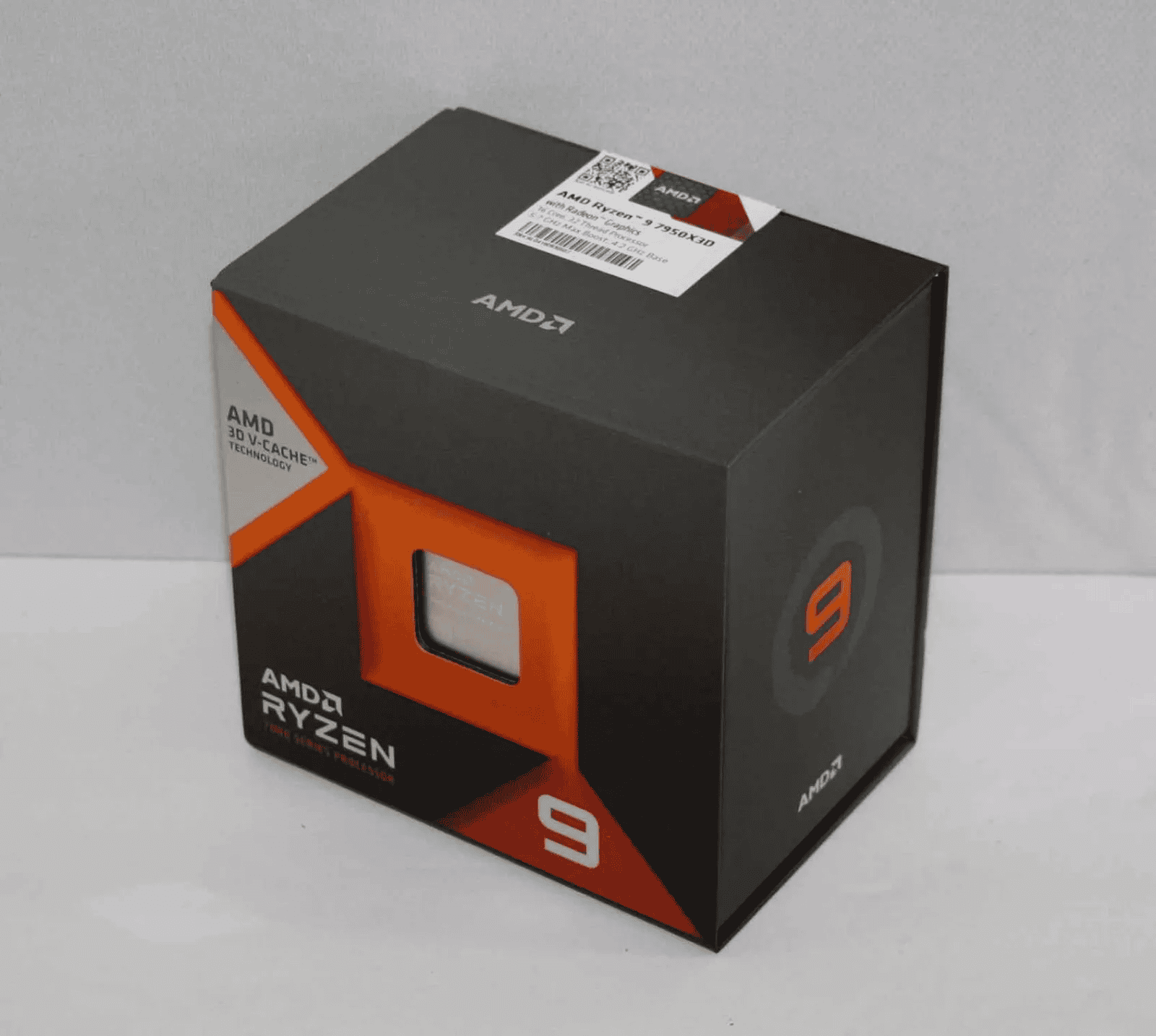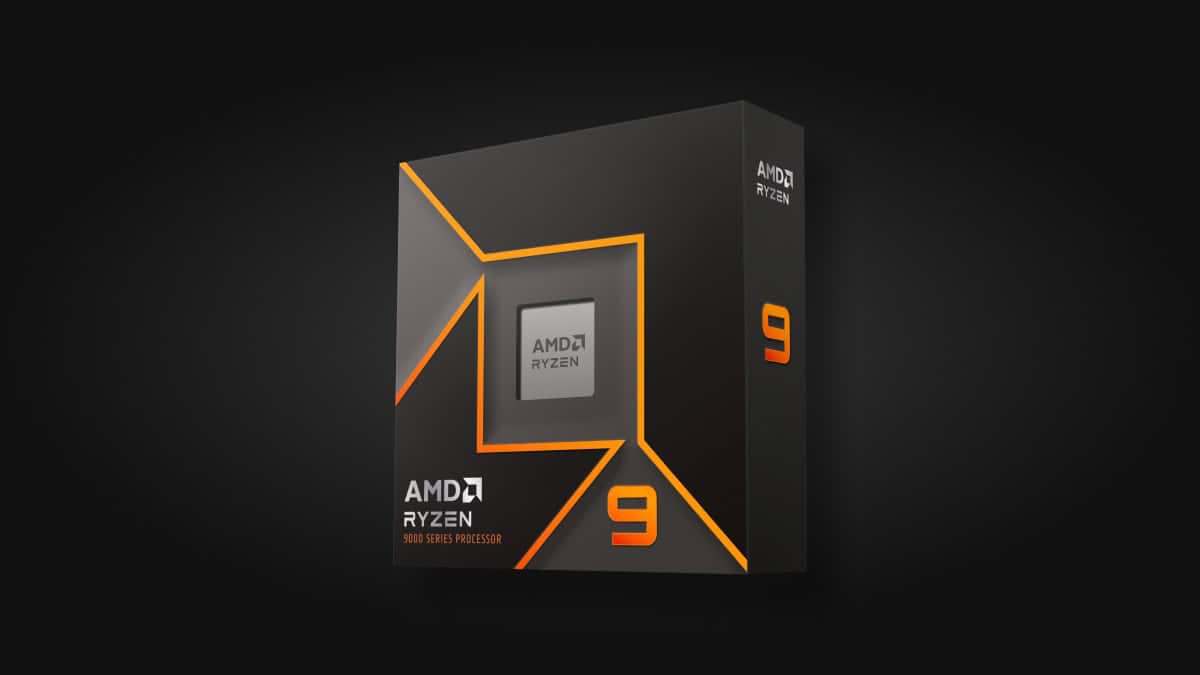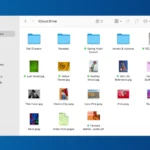AMD’s latest CPUs the Ryzen 9 9950X and 7950X3D bring top-tier performance to desktop PCs. These chips offer 16 cores and 32 threads for high-end computing tasks. The Ryzen 9 9950X edges out the 7950X3D with support for up to 256 GB of RAM versus 128 GB.
Both CPUs run at a max boost clock of 5.7 GHz. The 7950X3D uses 3D V-Cache technology which can boost gaming performance. The 9950X is part of AMD’s newer Granite Ridge lineup released in 2024.
Gamers and power users will find great options in either chip. The 7950X3D may have a slight edge in some games. The 9950X offers more future-proofing with its higher RAM capacity. Your specific needs will determine which is the better choice.
AMD Ryzen 9 9950X vs 7950X3D: Which CPU Reigns Supreme?
Choosing the right CPU can be tricky, especially with so many great options available. If you’re looking for a high-performance processor, you’ve likely come across the AMD Ryzen 9 9950X and the 7950X3D. Both are top-of-the-line CPUs, but they have key differences that might make one a better fit for you than the other. Let’s break down their performance to help you decide.

Gaming Performance
The Ryzen 9 7950X3D generally takes the crown for gaming. Thanks to its innovative 3D V-Cache technology, it delivers incredibly high frame rates and smooth performance in most games. This extra cache significantly reduces latency, giving it an edge over the 9950X in games that rely heavily on fast memory access.
Productivity and Multitasking
When it comes to productivity tasks and multitasking, the Ryzen 9 9950X often pulls ahead. It boasts slightly higher clock speeds and a more efficient architecture, which can translate to faster rendering times, smoother video editing, and quicker completion of demanding workloads.
Power Consumption and Thermals
The 9950X tends to have a slight advantage in power efficiency. While both CPUs are power-hungry, the 9950X generally consumes less power under load, which can lead to lower temperatures and potentially quieter operation.
Price and Value
The Ryzen 9 7950X3D typically commands a higher price tag due to its 3D V-Cache technology. If gaming is your primary focus, the price premium might be justified. However, if you need a more well-rounded CPU for various tasks, the 9950X offers excellent performance at a slightly lower cost.
Feature Comparison Table
| Feature | AMD Ryzen 9 9950X | AMD Ryzen 9 7950X3D |
|---|---|---|
| Cores | 16 | 16 |
| Threads | 32 | 32 |
| Base Clock | 4.5 GHz | 4.2 GHz |
| Boost Clock | Up to 5.7 GHz | Up to 5.7 GHz |
| L3 Cache | 64MB | 128MB (64MB + 64MB 3D V-Cache) |
| TDP | 170W | 120W |
| Architecture | Zen 4 | Zen 4 |
| Socket | AM5 | AM5 |

Ultimately, the best CPU for you depends on your specific needs and priorities. The Ryzen 9 7950X3D excels in gaming, while the 9950X offers a strong all-around performance for various tasks. Consider your budget, how you plan to use your computer, and the relative importance of gaming versus productivity when making your decision.
Key Takeaways
- Both CPUs have 16 cores and 32 threads for high-end performance
- The 9950X supports more RAM but the 7950X3D uses 3D V-Cache for gaming
- Either chip is a great choice for demanding computing tasks
Comparative Overview of Specifications
The AMD Ryzen 9 9950X and 7950X3D differ in key areas. These include their core architecture, power use, and memory features. Let’s look at how they stack up.
Core Architecture and Performance
The Ryzen 9 9950X uses AMD’s new Zen 5 architecture. The 7950X3D runs on Zen 4. Zen 5 brings better speed and efficiency. This helps the 9950X in tasks like video editing and 3D rendering.
Both CPUs have 16 cores and 32 threads. The 9950X has a base clock of 4.3 GHz and can boost up to 5.7 GHz. The 7950X3D starts at 4.2 GHz and also tops out at 5.7 GHz.
In tests the 9950X often beats the 7950X3D. It scores higher in Cinebench R23 and Geekbench 5. This shows its strength in both single and multi-core tasks.
Thermal and Power Efficiency
The 9950X has a higher TDP of 170W compared to the 7950X3D’s 120W. This means it uses more power and may need better cooling.
Despite using more power the 9950X is more efficient. It gets more work done per watt thanks to Zen 5’s improvements.
Both CPUs support AMD’s Precision Boost and XFR tech. These help manage heat and power use. They allow the chips to run faster when temps are low.
Cache and Memory Capabilities
The 9950X has 32MB of L3 cache. The 7950X3D has a much larger 128MB of L3 cache. This extra cache helps the 7950X3D in some tasks like gaming.
Both CPUs support DDR5 RAM. They can use speeds up to 5600 MHz. This fast memory helps in data-heavy tasks.
The 9950X has more L2 cache per core than the 7950X3D. This can help in some workloads. Both chips have dual-channel memory controllers for good bandwidth.
Technological Innovations and Gaming Performance
AMD’s latest processors bring new tech to boost gaming. They have better chips, faster graphics, and work with the newest systems.
Integrated Technologies and Instruction Sets
The Ryzen 9 9950X uses Zen 5 cores. These cores are faster than older ones. They have new features like SSE, AVX, and AVX2. These help the CPU do math faster.
The 9950X also has AES for better security. It uses AMD-V for virtual machines. This CPU can run x86-64 programs too.
New instructions like AVX512 help with AI and science tasks. The 7950X3D has some of these features but not all.
Graphics Capabilities and Gaming
Both CPUs work well for games. The 9950X has newer AMD Radeon graphics built in. This IGPU is based on RDNA 3 tech.
It can handle ray tracing for better lighting in games. The chip also works with DirectX 12 for the latest game effects.
4K gaming is smoother on the 9950X. It has more shaders to process graphics faster.
The 7950X3D is still good for games. But the 9950X has an edge in graphics power.
Platform and Compatibility
These CPUs use the AM5 socket. This means they fit in newer motherboards.
The 9950X is part of the Granite Ridge family. It’s made to work best with Windows 11.
You can upgrade from a 7000 series CPU to the 9950X easily. The socket stays the same.
Both CPUs support fast RAM and PCIe 5.0. This helps with loading games and data quickly.
The 9950X might need a BIOS update on older AM5 boards. Check before you buy.







